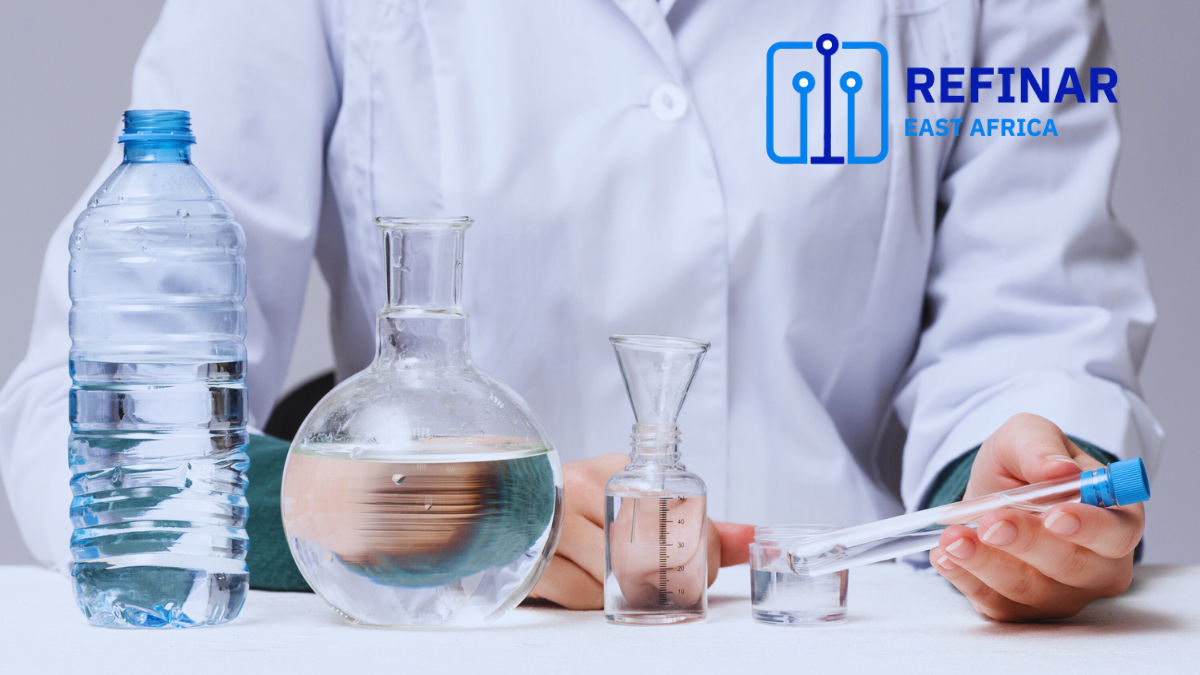Our water sources’ cleanliness and safety are not always assured. Contaminants can infiltrate our water supply in a variety of ways, causing serious health dangers if unnoticed. Water testing is critical to protecting our water quality and ensuring that the water we drink is safe for drinking and other uses.
Importance of Clean Water
Clean water is essential for maintaining good health. It’s not just about quenching thirst; it’s about safeguarding our well-being. The quality of water impacts everything from hydration to disease prevention.
What Water Testing Involves
This is a systematic process that examines water samples to detect contaminants. It helps identify impurities, pollutants, and harmful substances present in the water.
Importance of Water Testing
Regular testing is essential for several reasons:
Ensuring Safe Drinking Water
Testing helps identify contaminants that can cause a variety of health problems, including diarrhea, vomiting, cramps, and even more serious illnesses like cancer and neurological disorders.
Monitoring Water Source Quality:
Testing provides valuable insights into the quality of your water source, whether it’s a public water supply, private well, or surface water source.
Types of Water Contaminants
Water contaminants can be categorized into chemical pollutants, microbial agents, and physical impurities. Each type poses its unique threats to health and the environment.
Chemical Pollutants
Chemical pollutants encompass a range of substances like lead, arsenic, mercury, and industrial chemicals. These contaminants can enter water sources through various human activities, posing severe health risks upon consumption.
Microbial Agents
Microbial agents include bacteria, viruses, and parasites. Waterborne diseases like cholera, dysentery, and typhoid are often caused by the presence of these pathogens in water.
Physical Impurities
Physical impurities such as sediment, debris, and suspended particles might not be as harmful as chemical or microbial contaminants but can still impact water quality.
Water Testing Methods
Home Testing Kits
Basic water quality testing may be done easily and affordably with home testing kits. Typically, these kits assess hardness, pH, and chlorine, which might give an idea of the general quality of the water. Nevertheless, the results could not be as precise as those obtained from laboratory analysis, and they might not cover all pollutants of concern.
Water Testing Labs
Water labs provide more comprehensive testing, including microbiological analysis for bacteria, parasites, and viruses, as well as chemical analysis for heavy metals, pesticides, and other contaminants.
Where can I get my water tested?
At Refinar East Africa, we can help you with water testing. We specialize in providing comprehensive water treatment solutions, equipment, borehole drilling services, and wastewater treatment solutions. Whether you need testing for residential, commercial, or industrial purposes, our expertise ensures accurate analysis of water quality.
Contact us at 0707075702 or email us at info@refinareastafrica.com to schedule a water testing appointment or to inquire about our services. We prioritize delivering reliable and effective solutions to ensure access to clean and safe water for all your needs.
FAQs
It’s recommended to test well water at least once a year. Municipal water should be tested as per local guidelines or when there’s a noticeable change in taste, odor, or appearance.
At-home kits can provide basic information, but for comprehensive analysis, it’s advisable to get water tested at certified laboratories.
Boiling water can kill certain microbes, but it doesn’t remove chemical contaminants. Testing is necessary to ensure complete safety.
Common contaminants include bacteria like E. coli, heavy metals like lead and arsenic, pesticides, and industrial chemicals.
By detecting pollutants, testing aids in preventing ecological damage and preserving aquatic ecosystems.


